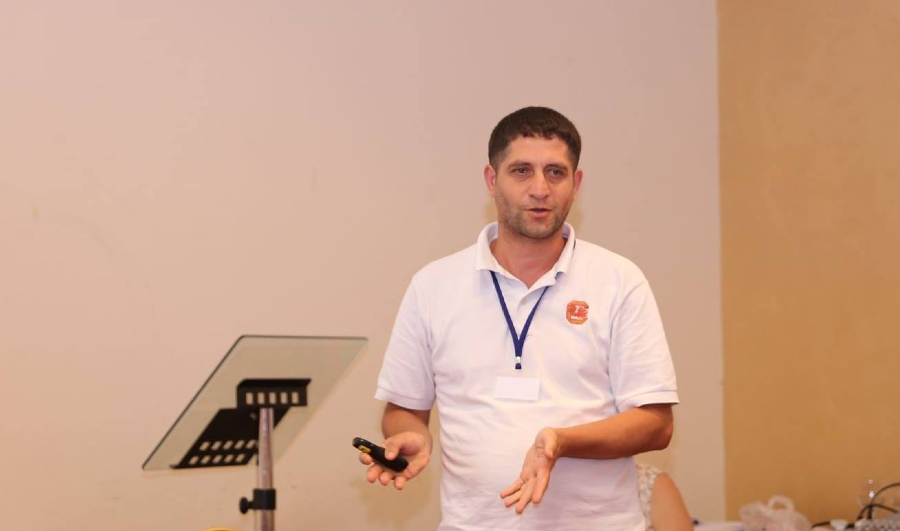Today, there is no family in the border community of Aygedzor where one or more members do not have their personal pages on social networks. At first glance, this may seem dangerous from the point of view of correct orientation in the information field. The more people read and listen, the more confused they become; they can not distinguish between false and reliable information.
From the very first days of the hostilities in Tavush, there were calls across the internet to follow only the official news.
It’s a little difficult for a person living on the border. Firstly, because the shootings are in everyone’s ears, we feel the situation differently, and secondly, we have different sources of information: military acquaintances, relatives, family members.
Calls to follow the official news started to work better when the lack of information in the first days began to be filled with official messages and announcements.
At first, they said that there was no information, let’s call to find out, start asking questions and trying, the flood of information brought wrong, not finalized exaggerated news. But even in that situation, people were careful, they analyzed what they heard, compared it, and most importantly, they were not in a hurry to spread it.
In the last few days, we have been receiving official information on a regular basis, which affects the mood and tranquility of the people in the border areas. It is a simple situation, there is no panic.
There is panic when you do not know what is happening, where the active actions are taking place, how many victims there are, how the wounded are doing.
The transparent work of the information field and the ability of people to deal with information puts us in a doubly advantageous position.
I have seen on the Internet how many students, teachers, or just media-literate users in border communities distribute virtual leaflets about reliable sources.
Even if there are one or two slip-ups, they are mainly related to the names of places or personnel from the settlements, and we ask through personal contacts, phone or other communication means that they remove such posts.
In other words, we are together in a good way to maintain information hygiene.
The main task remains to urge people not to talk about the situation on the phone, not to give the names of the military or the places. Such conversations will not be controlled in public, I think such incidents are possible.
In recent years, we have often talked about reliable sources with children and teachers at Aygedzor school. Children are now a bit passive on the internet, they do not spread information that much. And if they do spread, then it’s only information from official sources.
This passivity can be caused by caution in the information field, stress or simply the completeness of the information.
In general, at the moment we have no open suspicion of information that something is hidden from us. It was not like that in April 2016, when people were looking for information from the most incredible sources, even if they did not believe it, they were spreading it because they wanted certainty.
In order to orient oneself correctly in the information flood, in recent years there has been educational, propaganda work outside the school, which has entered the family, reached the parents, relatives and friends.
And that chain of knowledge is working as well as it can now.
Hayk Tsaghkyan
Deputy Director of the Secondary School of Aygedzor VIllage, Chemistry Teacher






